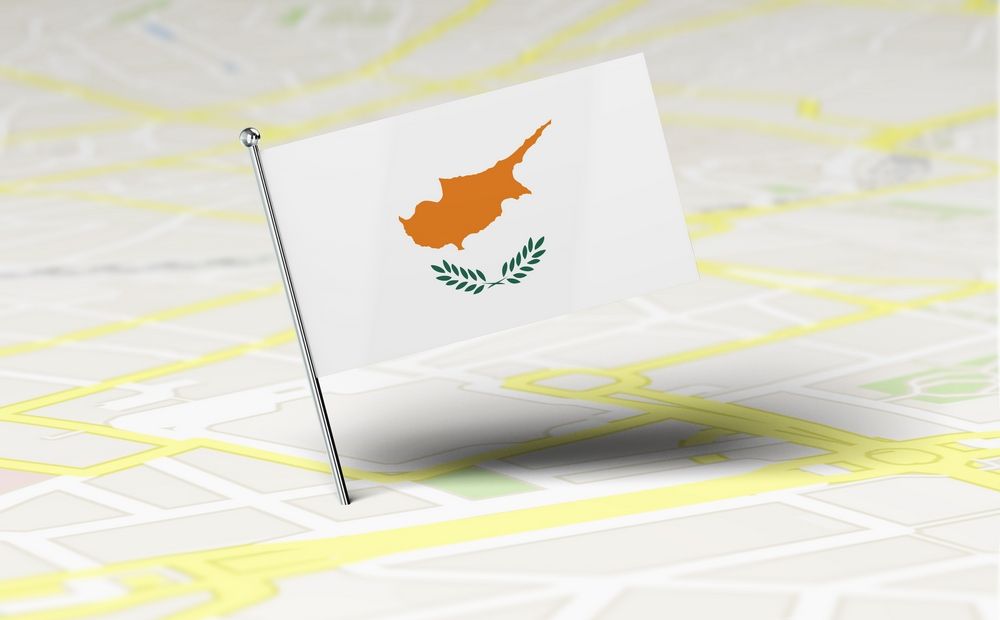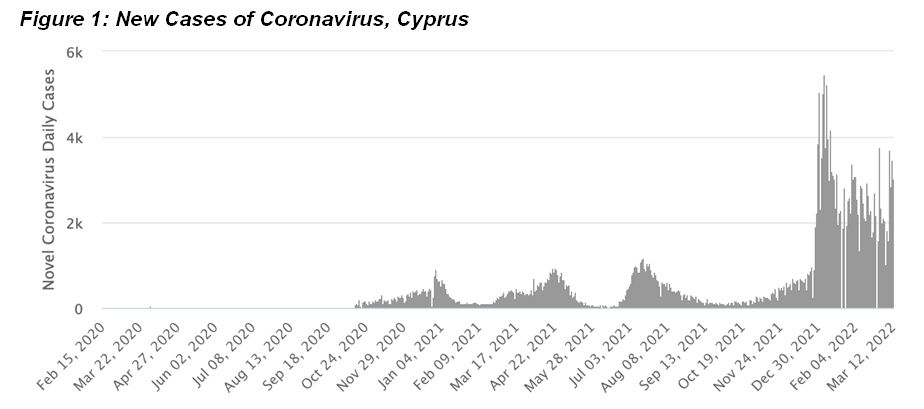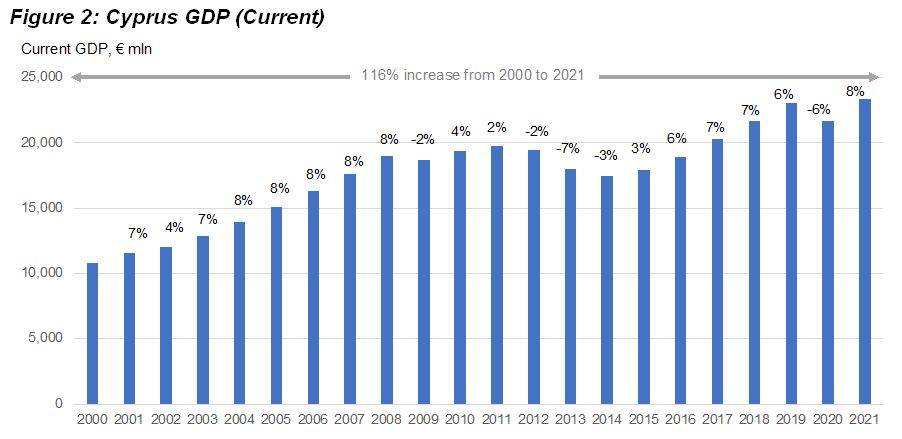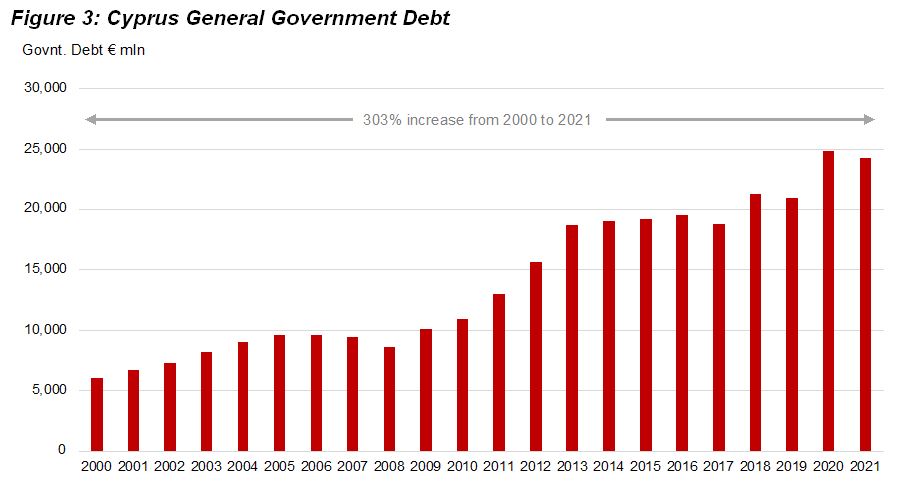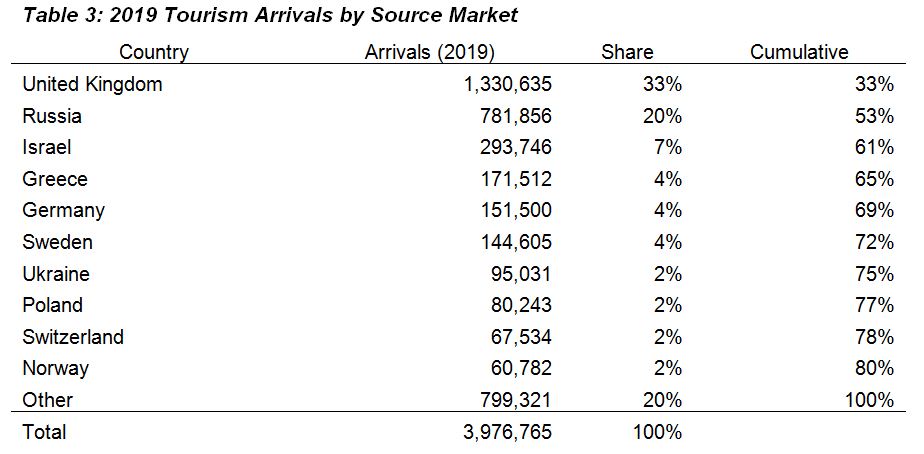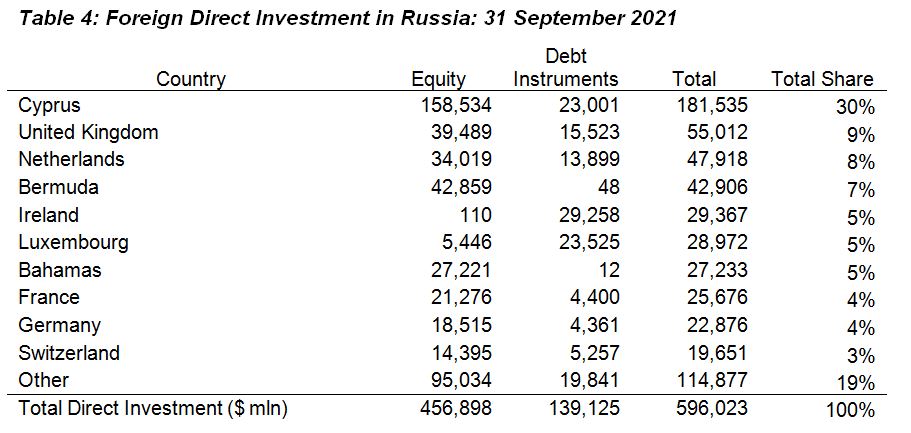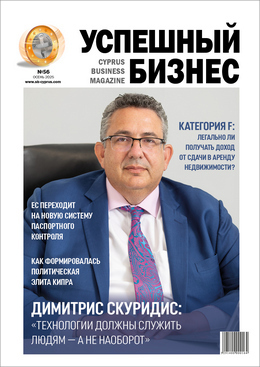After two years of COVID, analysts and government officials in Cyprus were looking forward to a resumption of growth in 2022. Early bookings and flight schedules from a range of source markets pointed to a massive increase in tourism arrivals in 2022, possibly approaching the historic highs of 2019. Despite the pressures of higher inflation due to higher energy costs and the container “squeeze”, it was believed that if the Omicron strain of COVID would only die down, Cyprus would enjoy a prosperous spring and summer.
On February 24th, Russian troops crossed the border into Ukraine in a special military operation ordered by President Vladimir Putin. Within a week, the European Union, the United Kingdom, the United States and other countries had passed some of the most stringent sanctions on Russia seen to date. The impact of these sanctions will be to cut off Russia from the international economic system.
In addition, there has been an exit of American and European companies working in Russia. This includes credit card processors such as Visa and Mastercard, making international transactions difficult to complete.
As March 2022 began, it was clear that the fundamental assumptions that had underpinned the wider political, economic and social relationship between Russia and the West had been overturned. For a small country like Cyprus, which had built its business model on attracting Russian capital, tourism and citizens since 1990, the impact of this change will be severe.
The objective of this article is to examine how the ongoing conflict will affect Cyprus. While it is still very early to make accurate predictions, this article will review the starting point of the Cyprus economy in early March 2022, and will attempt some predictions for Cyprus’ economic growth and development in 2022.
The Starting Point: March 2022
Cyprus has been less severely affected by the Coronavirus than other countries. Thanks to a mix of extensive testing, border controls, social structures and climate, and its vaccination programme, Cyprus has been able to keep the health impact relatively low. According to Worldometers, as of 13 March 2022, Cyprus has recorded a total of 350,688 cases with 899 deaths. While the Omicron variety remains high, the government has announced the partial easing of health measures for both residents and travellers.
Source: Worldometers, accessed on 13 March 2022
The economic situation of Cyprus, however, has been significantly affected by the measures taken to combat the coronavirus epidemic. Cyprus’ gross domestic product (GDP) in current terms fell by 6% in 2020, and rebounded by +8% in 2021, to € 23.4 billion. This economic performance in both 2020 and 2021 is heavily attributed to government expenditure, which has been financed by debt.
It is impossible to find published, consolidated accounts for Cypriot government spending on coronavirus support in cash terms for 2020 and 2021. There is a single presentation available on the Ministry of Finance website dating to August 2020, but this does not have a comprehensive cost accounting even for the period March – August 2020.
On the one hand, it is important to note that certain measures passed by the European Union under the NextGenerationEU support package have not yet been absorbed, and that part of this funding includes grants, but also includes loans which will need to be repaid.
On the other hand, tracking the consolidated government debt and deficit reveals the following:
• The 2021 General Government deficit is forecast at € 0.613 billion;
• The General Government debt (consolidated) reached € 24.271 billion in December 2021
• Debt-to-GDP at end 2021 was therefore 104%.
Source: Eurostat and Cyprus Ministry of Finance, accessed on 11 March 2022
Between 2000 and 2021, general government debt increased from € 6.0 billion to € 24.3 billion, an increase of 303%. Between 2020 and 2021, the COVID years, debt increased from € 21.0 billion to € 24.3 billion, or € 3.3 billion. Presumably, a large amount of this was spent by the government in COVID support.
Source: Eurostat, Gross Domestic Product at Market Prices.
In 2021, the general government balance improved, with a deficit of € 613 million. This is an improvement over 2020, when the deficit was € 1.2 billion.
Source: Ministry of Finance, General Government Budget Report (ESA), accessed on 13 March 2022
In 2019, Cyprus reached a high point for tourism, with nearly 4 million arrivals. In 2020, the first year of COVID, arrivals fell to 0.6 million, rising to 1.9 million in 2021. Market intelligence for the 2022 season pointed to a significant increase based on tour operator bookings and flight schedules. These forecasts are now in doubt. In addition to the obvious fall in anticipated Russian and Ukrainian visitors, it is important to remember that inflation, sanctions and general political uncertainty also affect Cyprus’ tourism source markets.
Source: Cystat: Tourism Statistics, accessed on 13 March 2022
A Pareto analysis of tourism arrivals by source market in 2019 reveals that 10 source markets comprised 80% of tourism arrivals. Of these, Russian arrivals were the second largest share, at 20% of total arrivals, and Ukraine was the 7th largest source market, with 2% of total arrivals.
Source: Cystat: Tourism Statistics, accessed on 13 March 2022
Tourism’s importance to the Cypriot economy is clearly established. According to Cystat figures, tourism revenue in 2019 was € 2.68 billion, out of a GDP of € 23.01 billion: that is 11.6% of GDP. If we count ancillary income from tourism as well as outbound tourism, the contribution to the economy is far higher.
A final point to consider is the role of Cyprus as an international business centre. According to the Central Bank of Russia, as of 31 September 2021, Cyprus was the leading source of foreign direct investment holdings in Russia. Cypriot investors held a total of $ 181.5 billion in equities and debt to Russian companies and institutions. Given that Cypriot GDP was only € 23.4 billion, it is clear that these holdings are substantially the result of “round tripping”, or offshore holdings of Russian interests that are based in Cyprus, but operating in Russia.
Source: Central Bank of Russia, Investment Holdings. Accessed on 13 March 2022.
Preliminary Conclusions
This preliminary analysis shows that:
• While Cyprus GDP has increased by 116% between 2000 and 2021 (in current terms), government debt has increased by 303% and is now at 104% of GDP. Should the European Central Bank proceed with ending quantitative easing, the cost of debt service will increase.
• Cyprus is heavily dependent on tourism inflows. From a high of 4 million arrivals in 2019, arrivals fell to 1.9 million in 2021. Russia and Ukraine collectively accounted for 22% of total arrivals in 2019, and the current crisis will see arrivals affected not only from these countries, but from other European source markets as well.
• The western embargo and sanctions on Russia will certainly affect the operations of Russian holding companies based in Cyprus. As seen, Cyprus is the largest source of FDI in Russia. Given the current financial sanctions as well as previous attempts to reduce Russian operations in the Cypriot banking sector, and given Russian government attempts to “de-offshorize” its economy, it is almost inevitable that more Russian enterprises will leave Cyprus.
Philip Ammerman
Financial consultant
Director Navigator Consulting Group Ltd
Этот адрес электронной почты защищён от спам-ботов. У вас должен быть включен JavaScript для просмотра.
Part 2 of the article: Cyprus in 2022: Predictions
